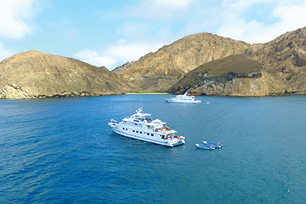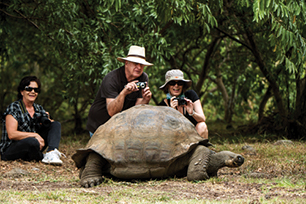Tours
If you are up for a larger than life experience consider the country of Ecuador. Despite its small size, Ecuador offers much more than one might ever imagine. The diverse landscape includes the Galapagos Islands; nearly 1400 miles of Pacific coastline, grasslands, volcanic mountains and the Amazon Rainforest and jungle. Considered a multicultural wonder, it is home to 44 different indigenous and ethnic groups whose culture and history contribute to the wide variety of delicious cuisine, all adding up to one big adventure for you!
Destination Must-See's
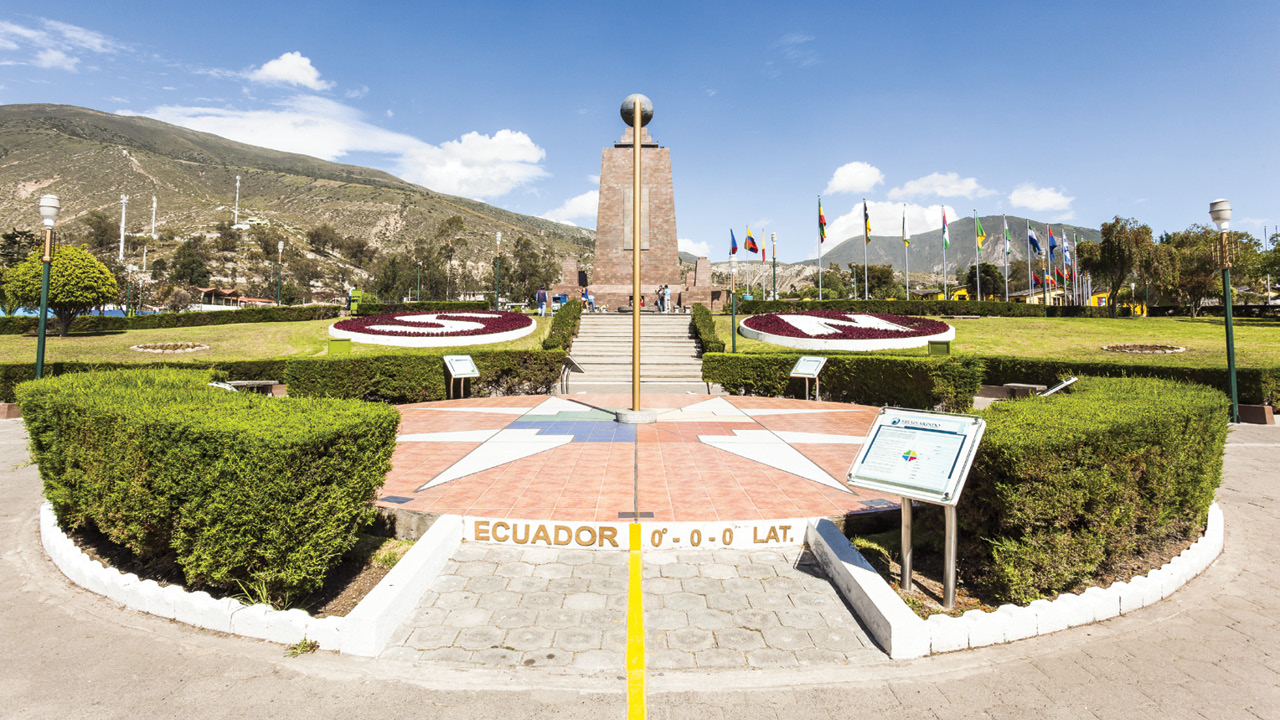
Middle of the World Monument:
Straddle both hemispheres at Latitude 0° 0' 0" at the monument commemorating the 18th century French Geodesic Mission which charted the equator and measured the shape of the earth. The original monument, which has since been replaced, was built to commemorate the 200th anniversary of the arrival in Ecuador.
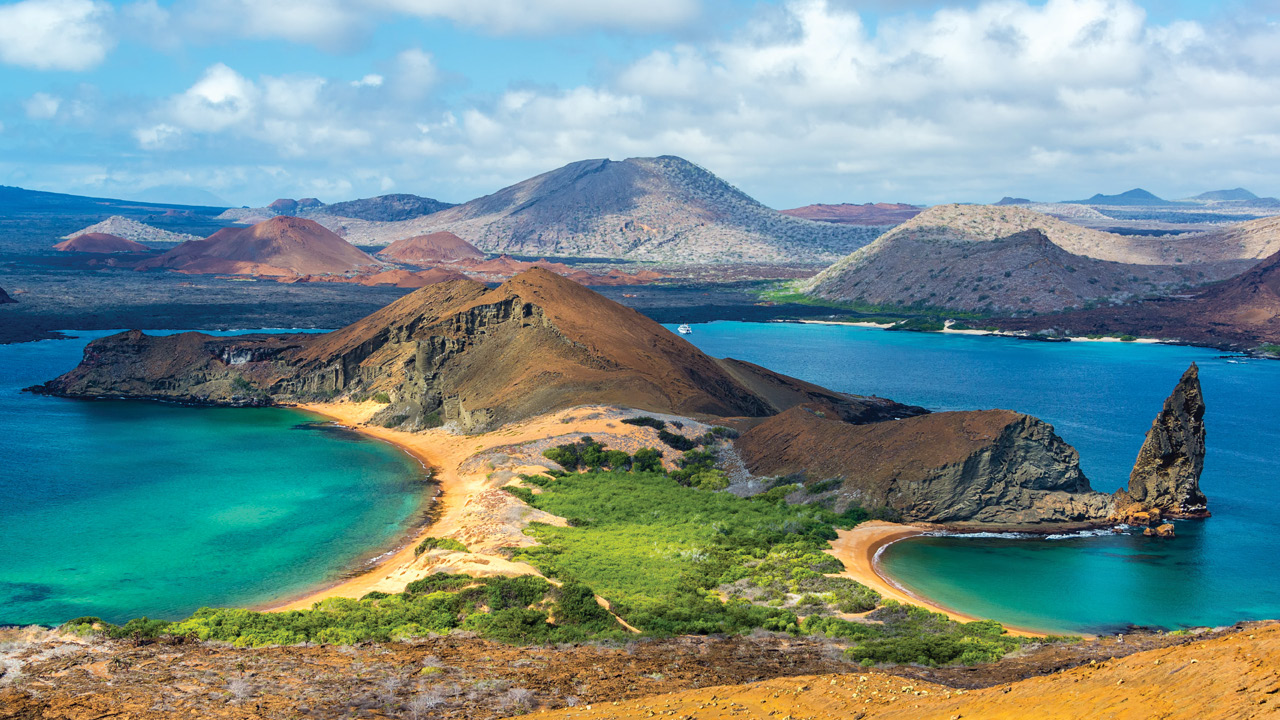
Galapagos Islands (variation of wildlife):
This volcanic island chain located in the Pacific Ocean off the coast of Ecuador is home to wildlife species that are not found anywhere else in the world. Get up close to some of the world's rarest animals including giant tortoises, flightless cormorants, the blue-footed boobies and the Galapagos penguins. This penguin species is the only kind found in the northern hemisphere.
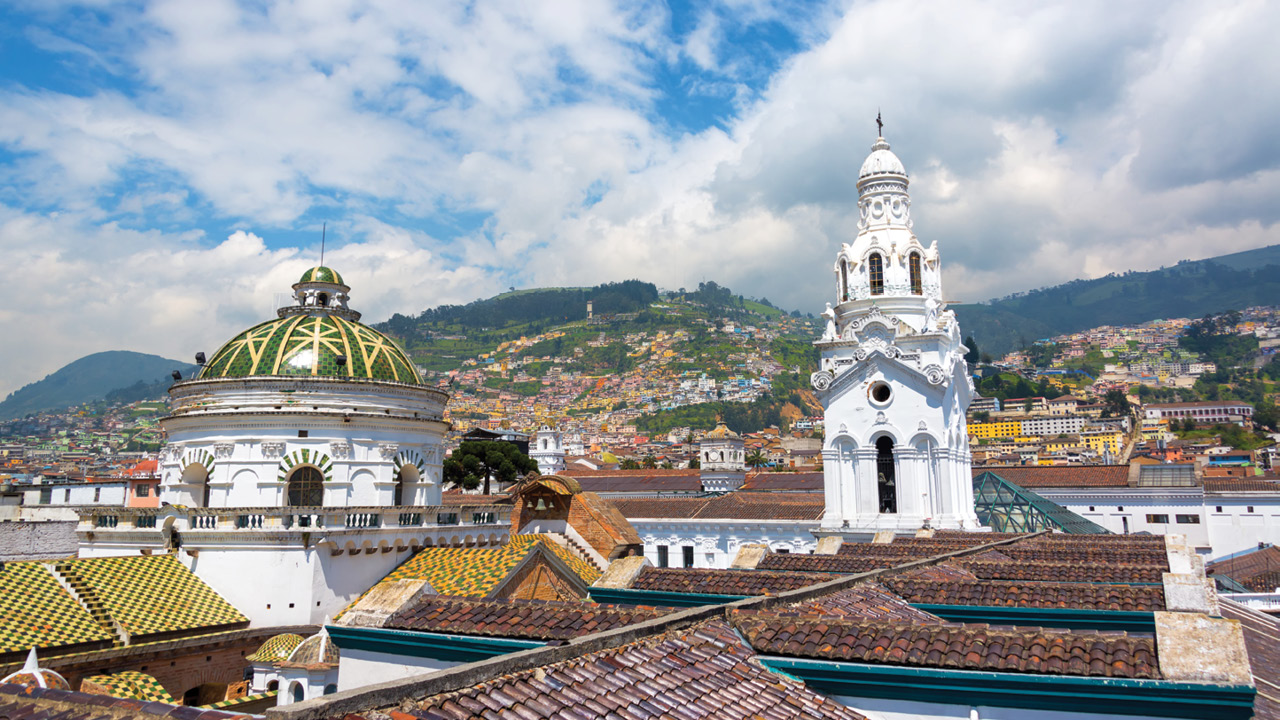
Quito:
The lively capital of Ecuador, a UNESCO World Heritage site, is most famous for its historic center’s colonial architecture, the most impressive in South America. Founded in the 16th century on the ruins of an Inca city, it has remained nearly untouched despite a major earthquake. You’ll find many noteworthy historic sites including Santo Domingo, Jesuit College of La Compania, and the monasteries of San Francisco.
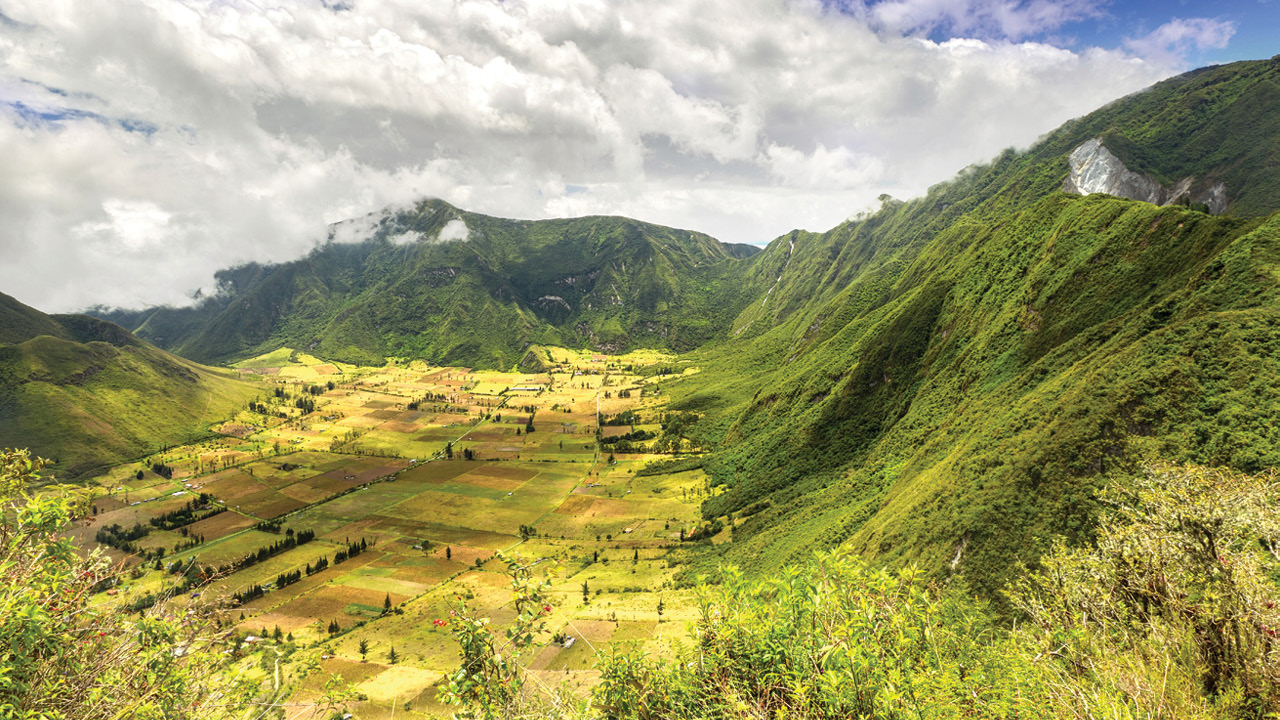
Pululahua Volcanic Crater:
The lush Pululahua Volcano crater is one of the largest and most fertile in the world. It is also one of the world’s only inhabited calderas. First settled by the Inca people because of its rich soil, it is now filled with small farming communities that grow a variety of crops that flourish here. In the centre of the crater rises a lava dome where a lush cloud forest thrives. This is where the volcano got its name – Pululahua means "smoke of water" in the indigenous language, Quichua.
Destination Must-Do's
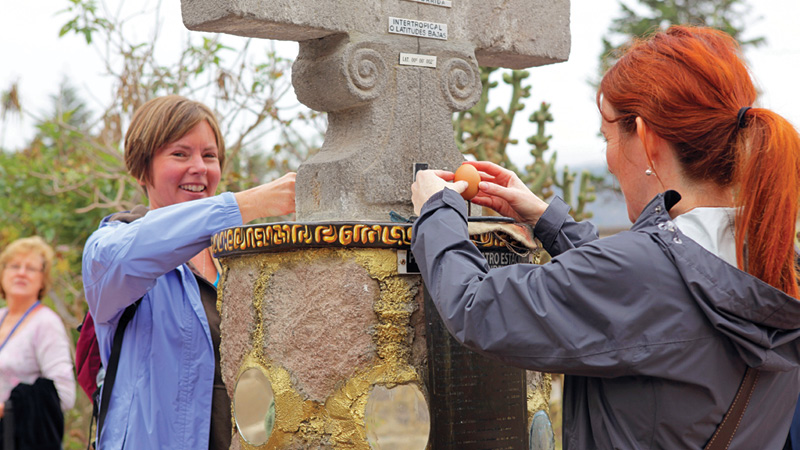
Middle of the World Museum:
Discover the history of the Incas of Ecuador and how they developed their calendar based on the sun’s rotation. You’ll also learn about the effects of gravity at the equator. The museum gives visitors the opportunity to balance an egg on the head of a nail, and witness how water funnels down a drain at the equator.
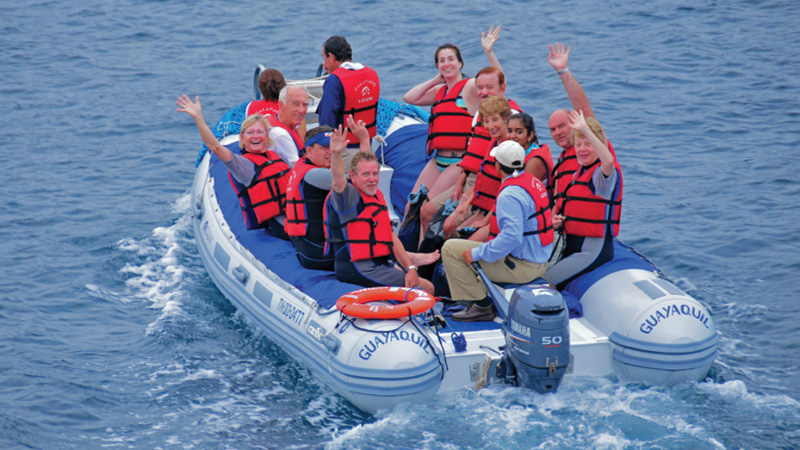
Galapagos Islands (cruise):
Enjoy a five-day cruise of the Galapagos Islands with a naturalist guide who will introduce you to all the natural wonders of these islands. Surround yourself in nature as you explore the many islands. Then relax onboard by the pool or partake in the activities available to you on your way to the next adventure.
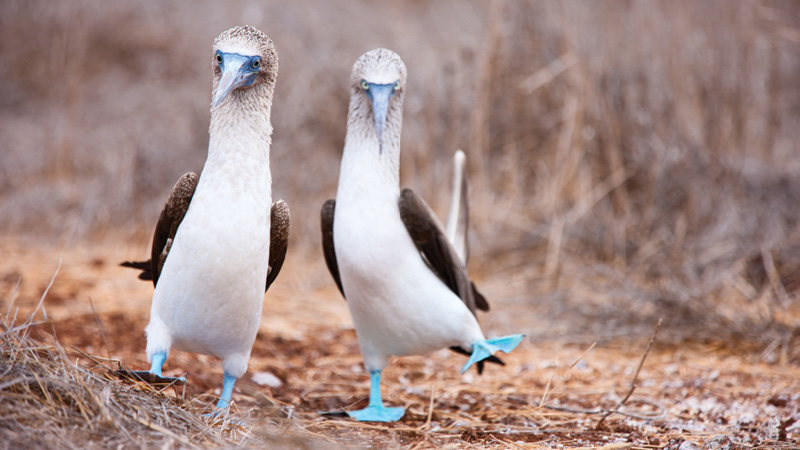
Charles Darwin Research Center:
This non-profit organisation, named in honour of the great scientist who studied the Galapagos, works to conserve its natural treasures. The program originated in 1959 and has since made major contributions to conservation at the local, national and international levels. The organisation trains the local residents in science so they can do their part in conserving the islands and the country.
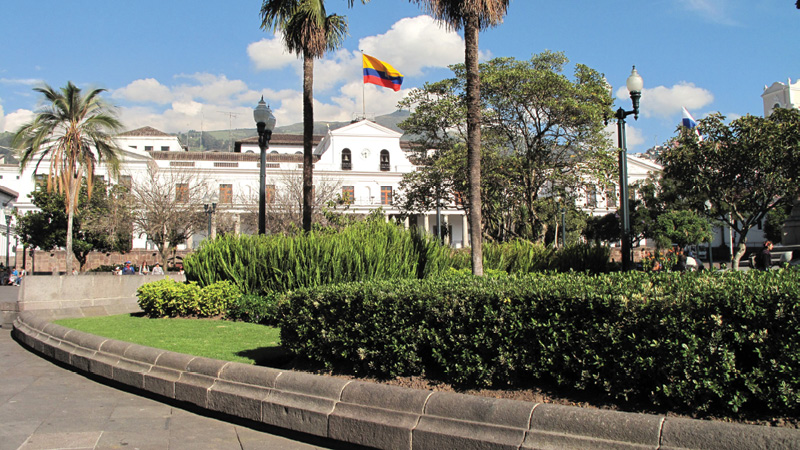
Quito Presidential Palace
In the historic centre of Quito sits its presidential palace. Built in the early 1800s, the Palace, called Palacio de Carondelet, was named to honour its President Francisco de Carondelet. The palace is a blend of French Renaissance and Spanish Baroque styles with a pristine white façade and a pretty courtyard with a fountain as its centrepiece.
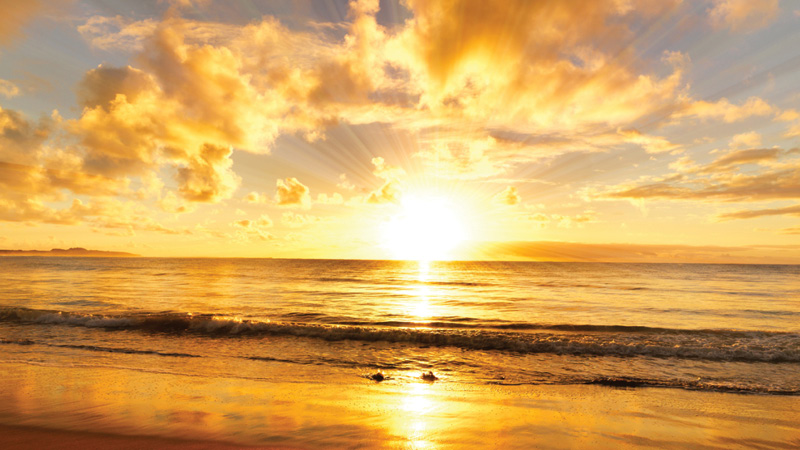
Ecuador is named for the equator, which runs through the country. This brings you closer to the sun, so be sure to pack your sunblock and sunglasses to get the most out of your experience.
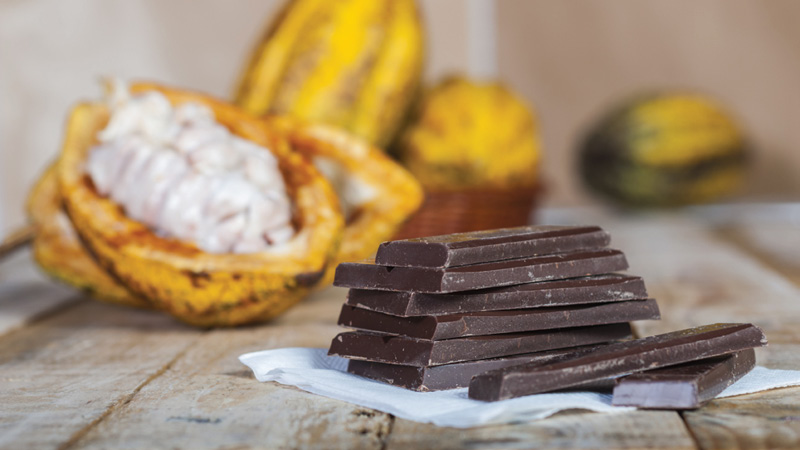
The rich soil and proximity to the equator give Ecuador the perfect conditions to grow Arriba beans (cacao). These conditions produce a deeper more refined chocolate that chocolate aficionados can’t get enough of.
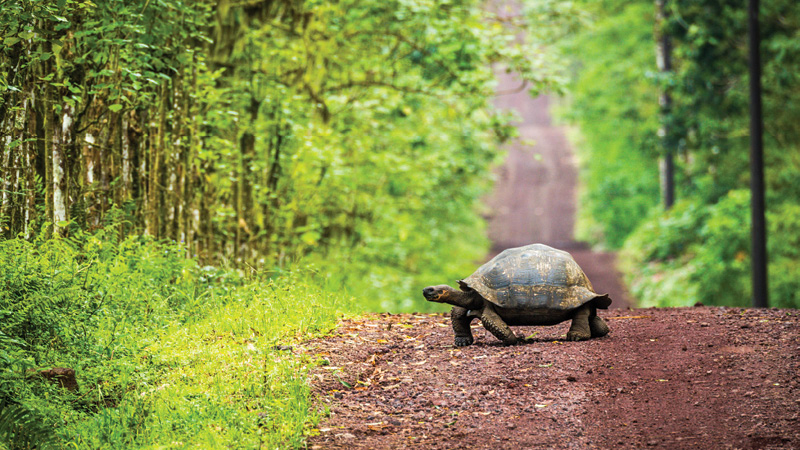
One of the best things about the Galapagos is its diversity; everyone’s experience is different. The weather can change in a moment and you never know what you will see. This natural wonder is just that – nature – and there’s no such thing as seeing it all.

